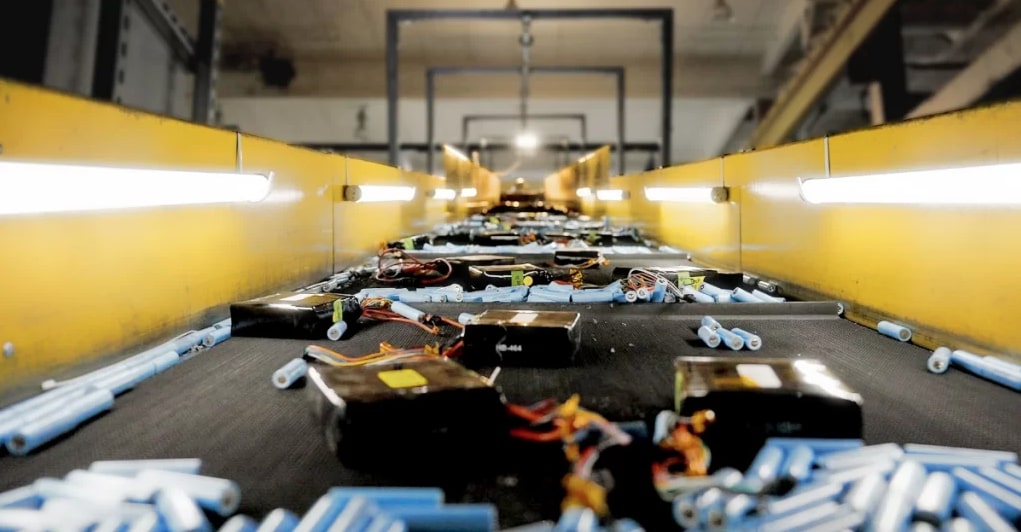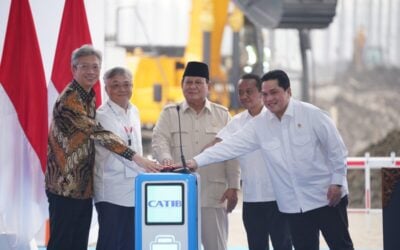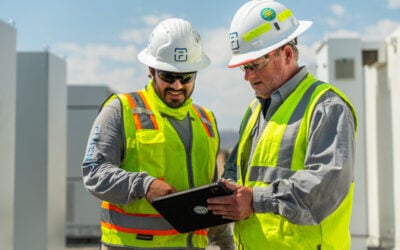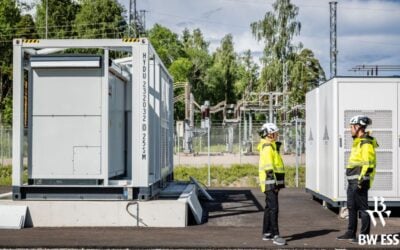
Mining giant Glencore, Spain-based utility Iberdrola and commercial waste management firm FCC are partnering to develop lithium-ion battery circularity solutions, including recycling and second life.
The trio intend to provide lithium-ion battery recycling solutions at scale together in Spain and Portugal, Iberdrola’s main markets and where FCC is also based. They will look to establish a purpose-built facility that could also provide second life repurposing as well as recycling.
Enjoy 12 months of exclusive analysis
- Regular insight and analysis of the industry’s biggest developments
- In-depth interviews with the industry’s leading figures
- Annual digital subscription to the PV Tech Power journal
- Discounts on Solar Media’s portfolio of events, in-person and virtual
The facility will focus on the pre-processing of lithium-ion batteries and battery scrap, sometimes called black mass, to be separated into more refined streams for further downstream refining and recovery of the valuable metals like lithium, cobalt, manganese and nickel.
Second life means giving lithium-ion batteries a second use after they can no longer provide the use case they were designed for. Most commonly, this means using electric vehicle (EV) batteries for something other than transportation once they are taken out of a vehicle.
Energy-Storage.news has covered the second life energy storage system (ESS) space extensively.
The trio said they will look to provide lithium-ion battery circularity solutions for both gigafactory scrap and end-of-life batteries. Europe has well over 1TWh of lithium-ion production capacity planned for 2031, according to Benchmark Mineral Intelligence. Spain alone has over 100GWh in the pipeline, according to separate figures.
They have already collaborated with the Iberian Energy Storage Research Centre (CIIAE) to assess existing battery recycling capabilities and feed availability in the Iberian region, and are currently assessing potential locations for the facility, which FCC will operate.
The facility will be operated by FCC Ámbito and will focus on the pre-processing of lithium-ion batteries and battery scrap, separating such feed into distinct streams for further downstream refining and recovery of battery metals.
Lithium-ion battery circularity: recycling versus re-use
Companies in the second life ESS space often argue that re-using batteries rather than recycling is a much better way to extract the maximum value from them once they are no longer usable in EVs.
“We believe every piece of battery should be treated at the highest possible level of value, which means looking for any possible way to use it or parts of it as long as possible before it is recycled,” said Gordon Gassmann, CEO of Mercedes-Benz Energy, possibly the largest player in the space, who told Energy-Storage.news in a recent interview.
However, many outside the space say the technology and economics of second life ESS solutions still need to be proven out at scale, while some say the fire safety risk disqualifies them entirely from some use cases like residential.
The US Department of Energy Loan Programs Office (LPO) head Jigar Shah recently told us that most second life firms are in the beta testing phase, for example. The largest player outside China by announced project size is California-based Element Energy with a 50MWh project and 2.5GWh of modules procured.
The recycling space meanwhile has seen companies scale up much more quickly. The LPO committed to loans of US$2 billion and US$375 million to lithium-ion recycling firms Redwood Materials and Li-Cycle, respectively, in February. Glencore is one of Li-Cycle’s investors.
The European Union this week released the first guidance for its upcoming Battery Passport scheme which hopes to increase circularity and sustainability in the lithium-ion battery market.






